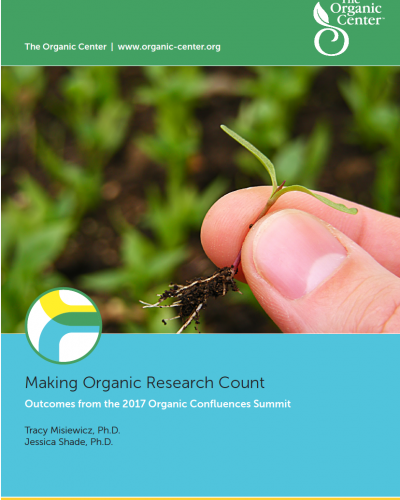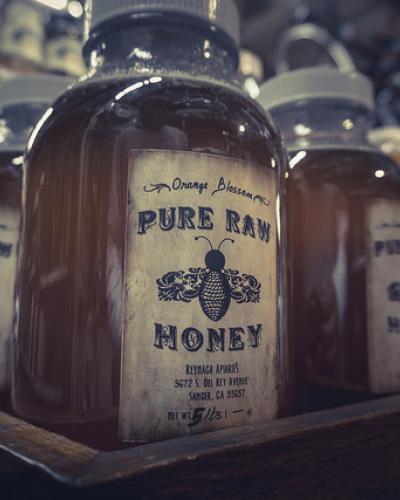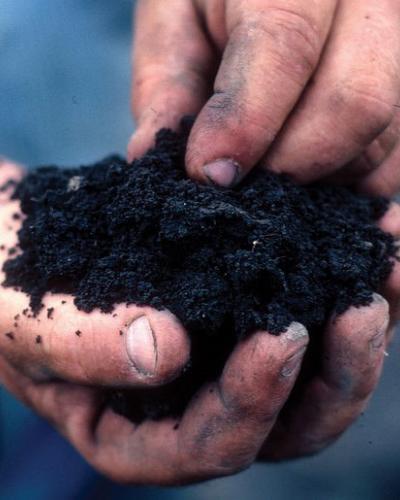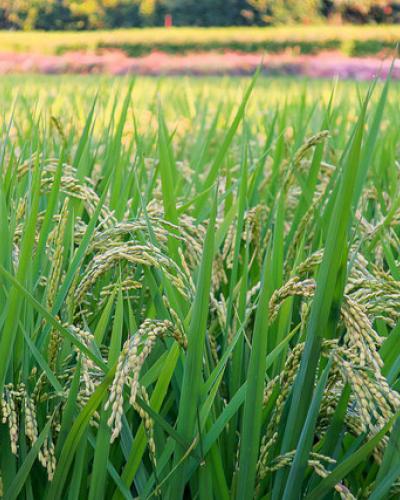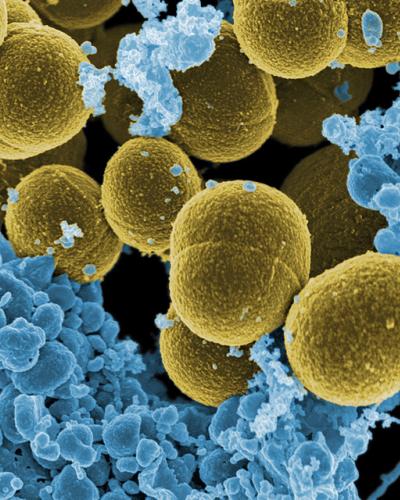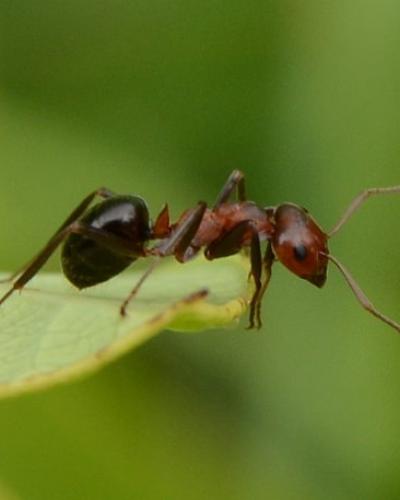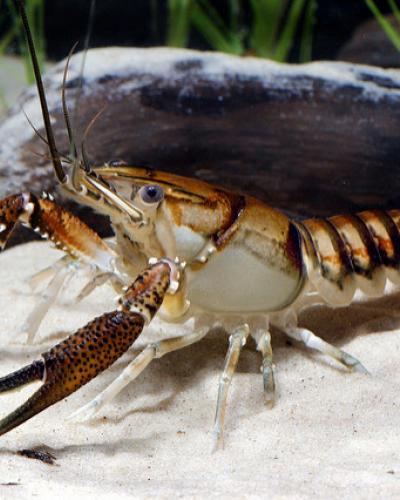Organic science, organic inspiration, organic food, organic fun. These all came together for more than 500 organic visionaries, activists and...
There is so much (in)credible science that explains why organic is a good choice for people and the planet, and more is published every week. The Organic Center summarizes the latest research into distilled bites so you can make informed choices. We only report on peer-reviewed studies and always will. Check out our research blog and sign up for our newsletter to get the latest science delivered right to your inbox.
Mar 14, 2018
More than $450,000 raised in annual celebration
Feb 21, 2018
Engagement, relevance and investment: The must-haves for organic research
Organic Center white paper lays out recommendations to make research count
...
Feb 15, 2018
Photo credit: Ben Phillips
Neonicotinoids are the most widely used class of insecticides in the world. They are systemic pesticides, which means that rather than simply...
Feb 08, 2018
Photo credit: U.S. Department of Agriculture
A recent study published in Agronomy Journal found that after 40 years of farming, organic agriculture improves physical...
Feb 01, 2018
Photo credit: Justine Warrington
California has proposed a rule to protect children from pesticide exposure by requiring a buffer of 0.25 miles around schools and childcare...
Jan 25, 2018
Photo credit: Jin Kemoole
A new study in the Journal of Plant Nutrition and Soil Science evaluated soil health in organic and conventional basmati rice fields in North...
Jan 20, 2018
Photo credit: NIAID
A new study published in the scientific journal Microbiology has found that commonly used herbicides can have the unintended consequence of increasing...
Jan 20, 2018
Photo Credit: Mark Nenadov
A recent study published in the journal Agriculture, Ecosystems & Environment has found that organic vineyards in Italy support more species...
Jan 20, 2018
Photo Credit: Tatiana Vdb
A recent study published by Harvard University researchers in the scientific journal JAMA Internal Medicine has found that increased dietary...
Jan 20, 2018
Photo Credit: U.S. Fish and Wildlife Service
Recent research published in the academic journal PLOS ONE has found that water contaminated with neonicotinoid pesticides may...


